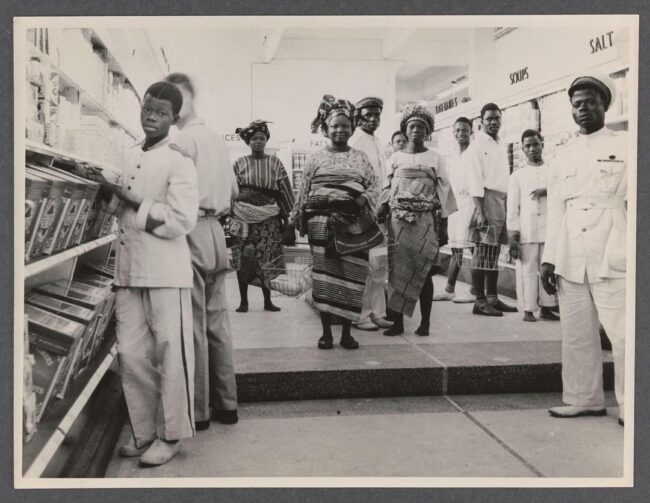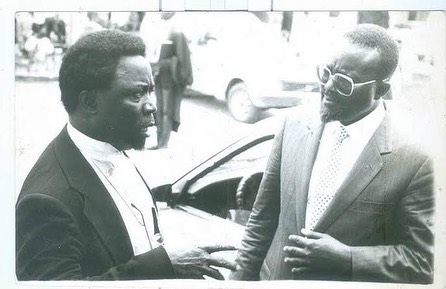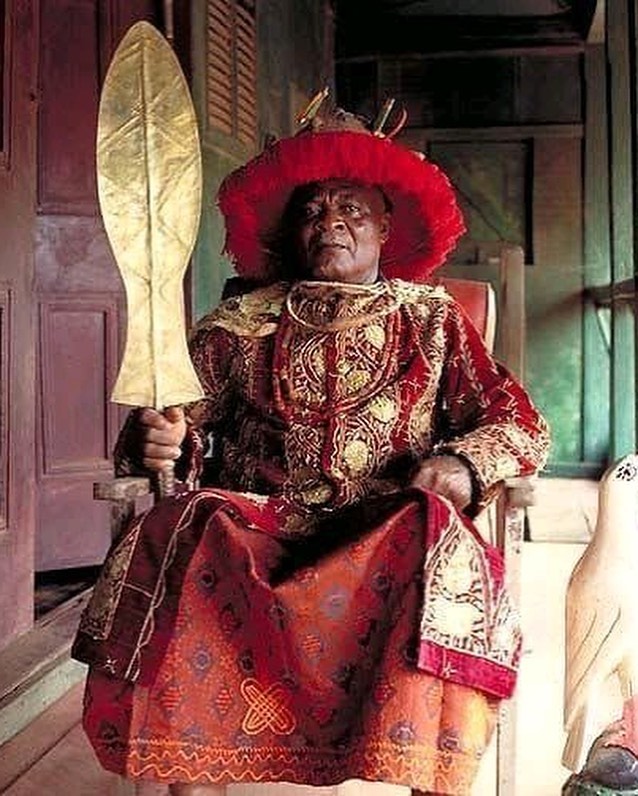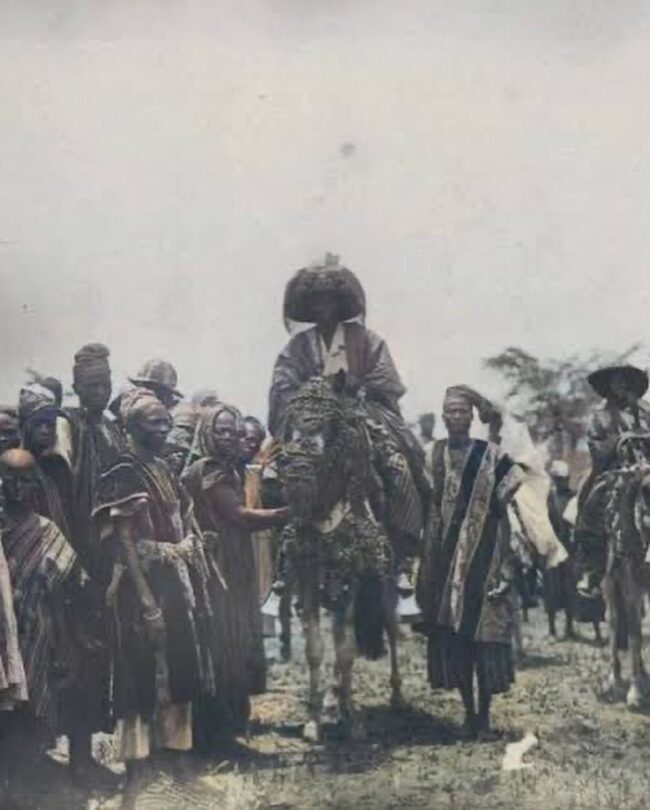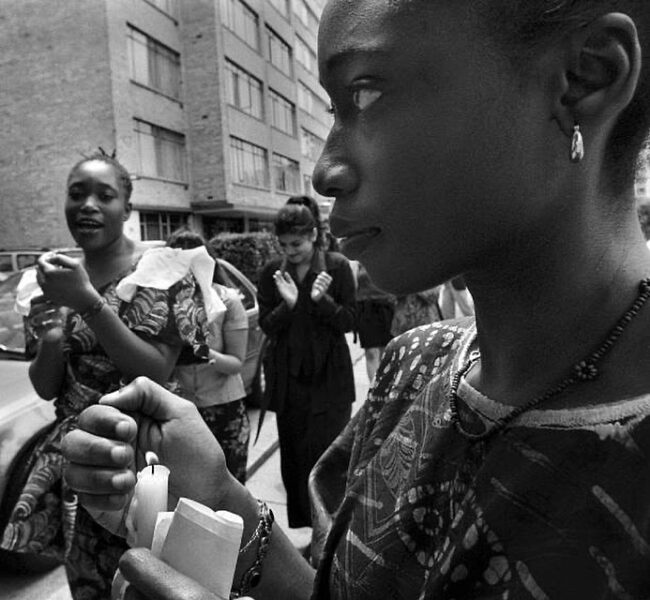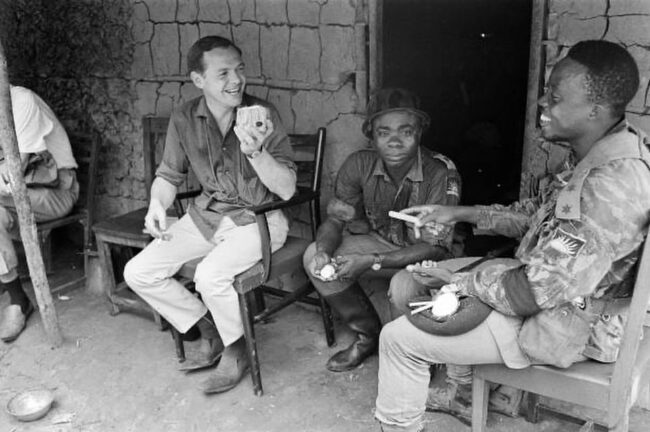The origins of Nnewi may be traced to the fourteenth century, when immigrants from Agbaja, Abatete, Ndoni, Benin, and Ikenga arrived in the region and were quickly assimilated into several lineage groups. The four quarters or territories that make up Nnewi’s organizational system are Otolo, Uruagu, Umudim, and Nnewichi. Every quarter is led by an Obi, the quarter leader, and consists of a sizable descent group made up of smaller lineages. The Sons of Nnewi were formerly known by the names of the four quarters of Nnewi, with Otolo being the oldest and Nnewichi being the youngest. According to Nnewi mythology and oral history, the rabbit, or “ewi,” was crucial in helping the Nnewi founders escape during battles. Nnewi has been known to employ force to protect its borders throughout its history, which is why it is currently illegal to kill or consume ewi there. The term “town” comes from a mixture of “ewi,” which means rabbit, and “nne,” which means mother, so Nnewi is the mother of rabbits. Over the course of its history. In the Anaedo Kingdom, Edo is the Alusi (Igbo: divinity) with the highest rank. The center market, Nkwo Nnewi, is home to the central shrine of this cohesive Alusi. Nnewi is home to four other deities: Ana, Ezemewi, Eze, and Ele. The high goddess Edo connects three of the quarters in Nnewi together. But as missionaries began to arrive in Nnewi in 1892, the locals progressively turned to Christianity. Upon its arrival in the town, the C.M.S. church went on to establish schools in Otolo, Nnewi, and Uruagu. One of the nation’s largest markets for spare parts is the central market in Nkwo, which was established in 1901. Its several sections are dominated by the furniture and wood section, the food section, the clothing section, and the spare parts division. From the fifteenth century until 1904, when the kingdom was taken over by British colonial authority, Nnewi was a sovereign state. A progressive shift was marked by the appointment of warrant chiefs, the creation of a royal Nnewi court, and the entrance of British colonial officer Major Moorhouse. A warrant for Nnewi was handed to Igwe Orizu I. An alternative historical version states that the Igbo people arrived in modern-day Eastern Nigeria with three leaders: two were spiritual gurus, and the youngest was an inherited monarch known as Obi, a king by birthright. The first was the Priest King Eze Nri of Awka, the King Eze Aro of Arochukwu, and the Third was the Political and War King Obi of Nnewi. According to history, the Onitsha people were first travelers to Igbo territory before settling there.…

